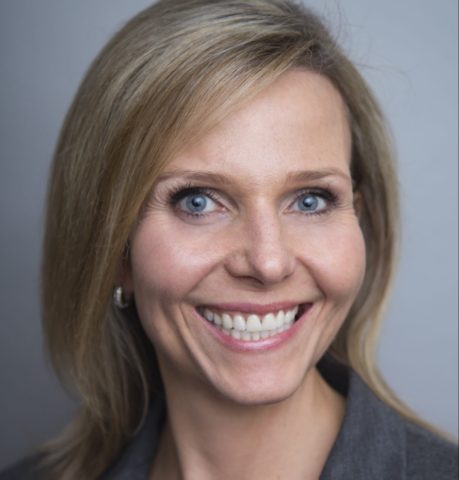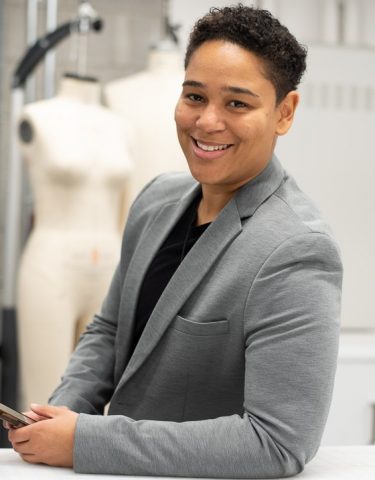About this Report
In partnership with the Women Entrepreneurship Knowledge Hub (WEKH), the Brookfield Institute for Innovation + Entrepreneurship (BII+E) is examining the experiences of women founders as they scale their companies. An earlier outcome of this partnership was the publication of Growing Their Own Way: High-growth women entrepreneurs in Canada, which found that despite having achieved a degree of success, high-growth women founders continue to face challenges accessing capital. The major takeaway from recent research on funding women entrepreneurs is that many of the challenges facing women are the result of unconscious bias that pervades boardrooms, pitch competitions, investment meetings, and financial transactions. Most people don’t set out to discriminate; members of the funding ecosystem inherit processes that have bias built into them and get perpetrated implicitly.
It can be challenging to pinpoint and address bias, to shift or redesign processes that have become embedded in organizations, and to change behaviour, which is why we developed this toolkit, Growth Untapped: Designing Funding with an Equity Lens, to make it easier. To create this toolkit, BII+E and WEKH designed and convened a series of action-oriented workshops featuring an advisory panel as well as members of the funding ecosystem to help develop a series of recommendations funders can implement. The toolkit is designed to break down barriers, gaps, and biases in funding processes, and offer recommendations at the macro level (organization and culture changes) and the micro level (immediate impacts).
Read this report to help you:
- Understand current experiences of equity-deserving groups accessing funding for growth in their businesses.
- Apply actionable solutions at both a general and specific level.
- Explore business case studies demonstrating the benefits of implementing an equity lens on funding opportunities in the ecosystem.











